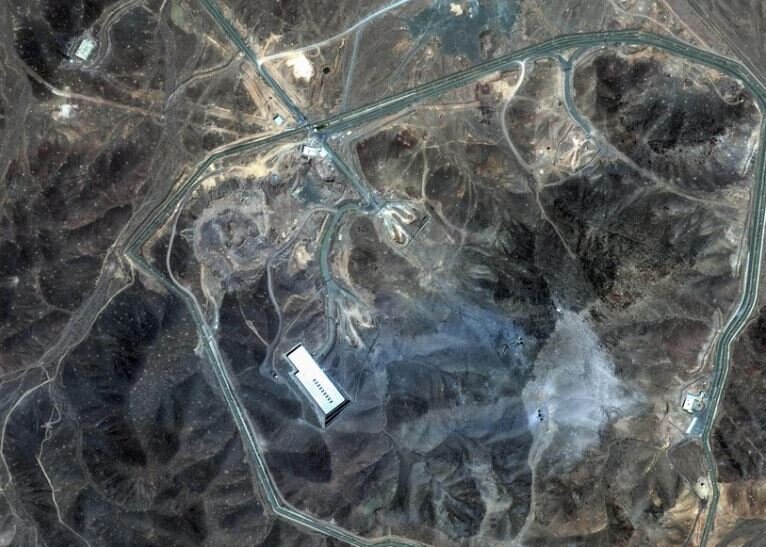Iranian MP calls for comprehensive judicial action on 12-day war crimes

TEHRAN – Member of the Iranian Parliament’s National Security and Foreign Policy Committee, Salar Velayatmadar, has urged the Judiciary to pursue sustained and comprehensive legal action against those responsible for crimes committed during the recent 12-day war, warning that justice should not be confined to a single or symbolic act.
In remarks to reporters on Wednesday, the lawmaker emphasized that Iran must continue insisting on its legitimate rights despite the evident politicization of international human rights mechanisms.
“We must always persist in reclaiming our rights, even though it has now become clear to the world that international human rights organizations operate under the influence of certain powers,” he said.
Velayatmadar strongly condemned the United States and the Zionist regime for violating international law and the United Nations Charter during the conflict.
He said both the Parliament’s National Security and Foreign Policy Committee and the Judiciary Committee are seriously following up on the issue to ensure that the rights of oppressed nations affected by the war are defended and restored.
The MP also praised the Judiciary’s International Affairs Department for taking valuable steps in advancing the legal aspects of the case, stressing that the Judiciary Committee continues to demand accountability through formal channels.
“The Judiciary’s fundamental duty is to pursue these crimes through comprehensive and multi-layered legal mechanisms,” he added. “The response to the crimes of the 12-day war must not be reduced to a temporary or one-off measure.”
In an unprovoked, brazen act of aggression on June 13, Israel targeted Iranian military commanders and nuclear scientists who had previously been placed on sanctions lists based on IAEA reports. Israel also killed civilians.
On June 22, the US military bombed Natanz, Fordow, and Isfahan nuclear sites in violation of the United Nations Charter, international law and the Nuclear Non-Proliferation Treaty (NPT).
Legal experts have repeatedly underscored that the military operations by the United States and the Zionist regime have violated fundamental principles of international law, particularly those enshrined in the United Nations Charter and International Humanitarian Law (IHL).
According to experts, Israel’s strikes on Iranian nuclear sites lack any valid legal justification under Article 2(4) of the UN Charter, which prohibits the use of force except in cases of self-defence or with UN Security Council authorization.
The analysists emphasize that there is no evidence of an imminent Iranian armed attack that would justify these operations as acts of self-defence. As such, the Israeli and U.S. strikes appear to constitute preventive, rather than defensive, uses of force—a practice widely regarded as unlawful under international law.
Furthermore, the attacks may have breached core principles of International Humanitarian Law, including the obligations of distinction and proportionality. Iran’s nuclear facilities are under IAEA supervision and designated for peaceful purposes, meaning they do not qualify as legitimate military targets.
Under Additional Protocol I to the Geneva Conventions, installations containing “dangerous forces,” such as nuclear plants, enjoy special protection due to the potential for catastrophic civilian harm. While Israel is not a party to the protocol and the United States has signed but not ratified it, both remain bound by customary international law, which forbids indiscriminate or disproportionate attacks.
Leave a Comment